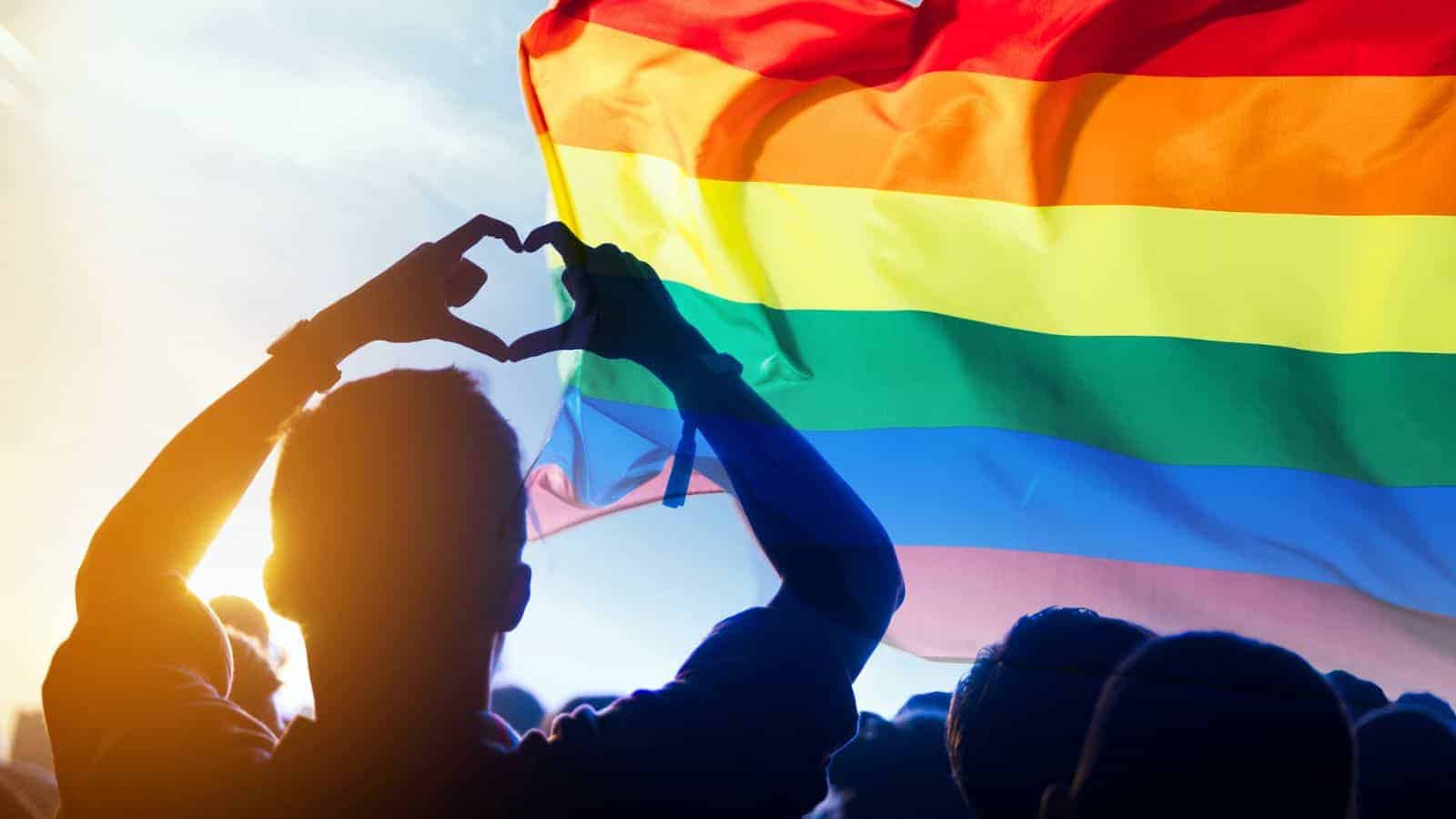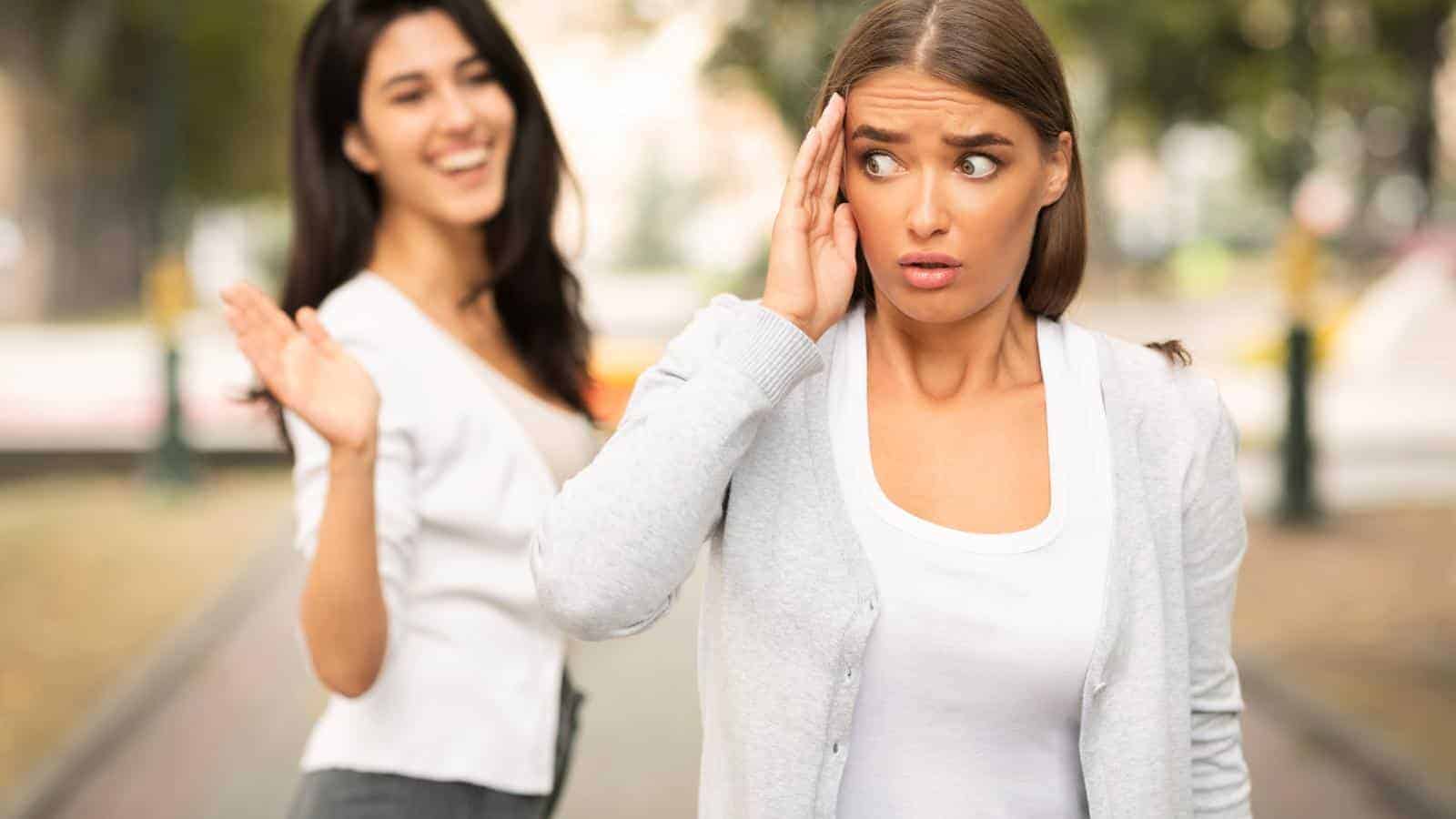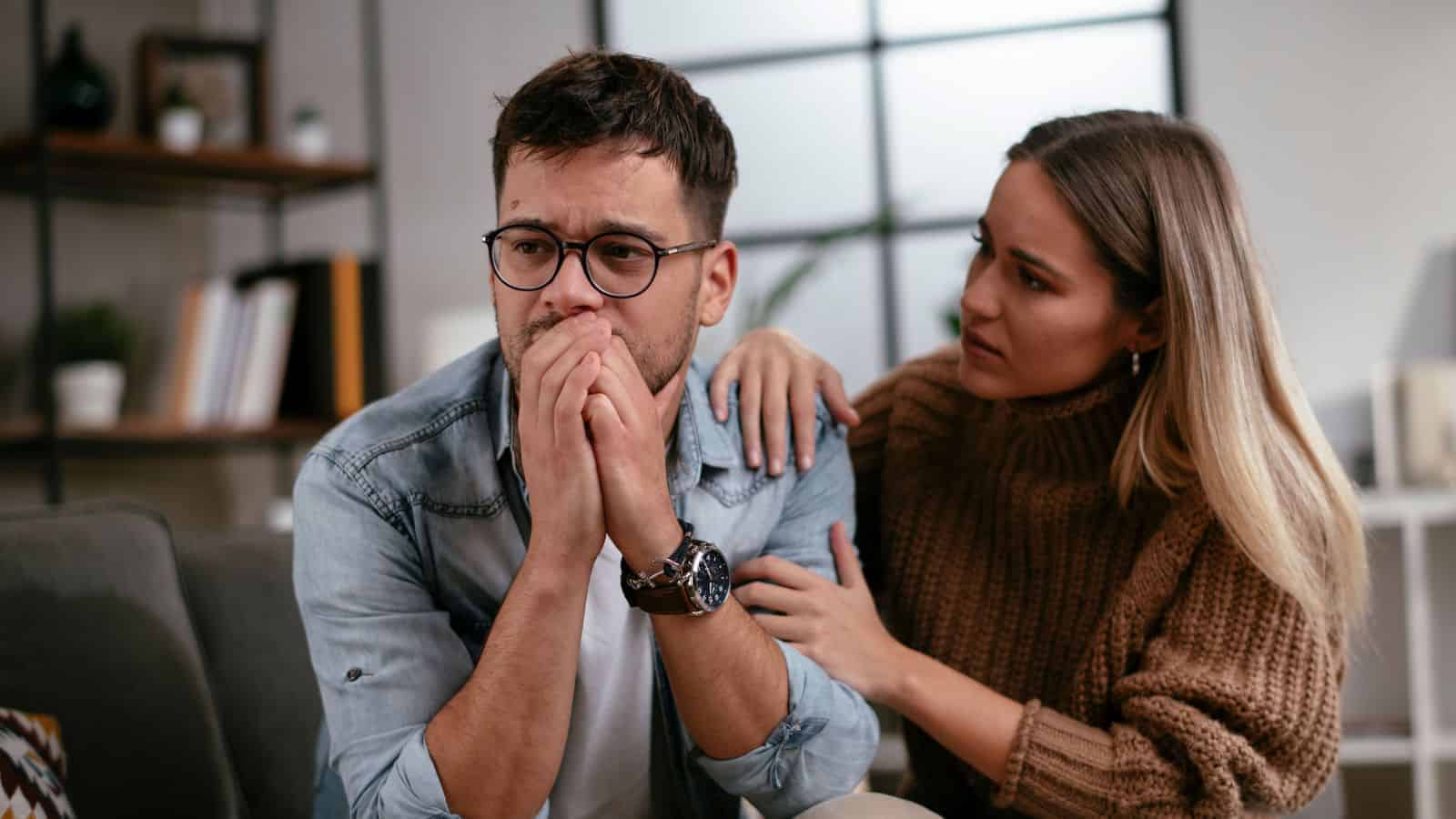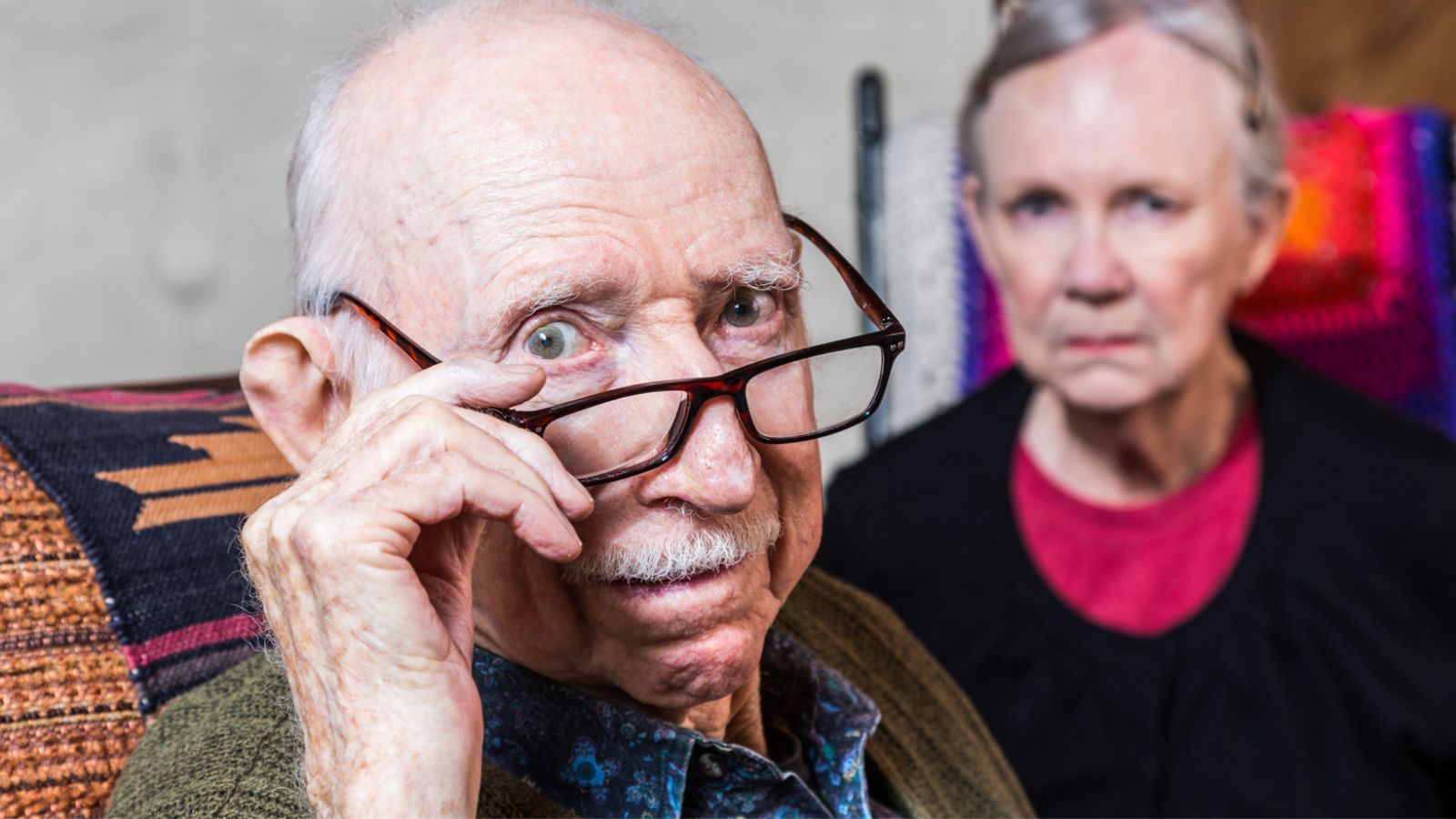There are over 8 billion people on our planet, but, unfortunately, that doesn’t always mean we feel like part of one big happy family. Sometimes, we can feel isolated, odd, or even excluded from society despite being surrounded by people. Here are 20 reasons why you might experience this sensation and some advice on tackling the problem.
New to the Area

Moving to a new town can be exciting and full of new opportunities, but it also involves building a face-to-face social network from scratch. Existing friend groups might be ingrained and difficult to break into, especially for specific age groups, and you might feel ‘out of the loop’ in terms of local humor and traditions. Try joining a hobby or sports club or volunteering, and remember to be patient!
Introverted Personality

According to Health, introverts are more guarded and introspective and tend to be shy and socially anxious. Perhaps you feel uncomfortable in large groups or avoid busy venues, which can leave you feeling excluded. Don’t force yourself to be someone you’re not, though. Instead, find social events that suit you and be honest with friends about your need to recharge.
Different Interests or Hobbies

You might feel disconnected and misunderstood if your passions and hobbies differ significantly from those around you. Conversations may revolve around topics you don’t know about or find uninteresting, and discussing your own interests can seem pointless. Try to find common ground with those around you while also seeking out fellow enthusiasts online or via clubs.
Cultural Differences

Cultural differences can include language barriers, customs, traditions, and social norms. Maybe you feel like an outsider because you don’t understand or follow the culture of your community, or they aren’t familiar with yours. Never deny your background. Share your heritage with others or explore local traditions, so long as doing so doesn’t contradict your own beliefs.
Feeling Like the Black Sheep

Families are complicated, and the dynamics of your own group are likely to be unique and only understood by those in it! If you feel like you’re constantly the outsider because you choose a different lifestyle or have different opinions or beliefs, talk to trusted family members about how you’re feeling. Focus on what you have in common rather than what you don’t.
Neurodivergent

People with learning disabilities or conditions such as autism spectrum disorder (ASD) or attention deficit hyperactivity disorder (ADHD) process information and social cues differently. This can make it challenging to connect with others and sometimes leads to misunderstandings. Take the time to educate others about your limitations and find communities that share your diagnosis.
LGBTQ+ Identity

Those who identify as LGBTQ+ may feel ostracized, judged, or excluded in certain social groups or religious communities, and Science Direct says they may even conceal their sexual identity from others, particularly in certain professions. We recommend being who you are to avoid denying a part of yourself. Find allies and supportive friends and avoid people who are intolerant or homophobic.
Experience of Being Bullied

Negative past experiences with bullying can leave lasting scars and make a person feel socially excluded for years. Joining new social circles and making friends can be tricky because the trauma of being mentally or physically abused makes it difficult to trust others or maintain social confidence. Seek professional help if you struggle with this, and try to surround yourself with ‘good’ people.
Imposter Syndrome

Do you often feel like you don’t belong in your social group because you’re inadequate but good at hiding it? Do you feel like a fraud who might be discovered at any moment? This sense of inadequacy is often unfounded and due to low self-esteem. If your friends are true, they won’t desert you if you don’t meet certain shallow requirements, so be yourself and focus on forming genuine connections.
Difficulty Maintaining Eye Contact

Not everyone is comfortable looking people straight in the eye during a conversation, especially those who are neurodivergent or socially awkward. This can be misconstrued as shyness, disinterest, or even dishonesty, leading to social exclusion. You can practice eye contact but don’t force it—concentrate on acting interested in other ways and maintaining a two-sided conversation.
Low Self-Esteem

A study published in the NIH reports that low self-esteem and an inferiority complex lead to social exclusion in young people and are likely to have a similar effect on other age groups. Low self-esteem makes you feel invisible or unworthy of friendship. Try to concentrate on your positive attributes, use affirmations, and avoid spending time with anyone who is negative about you.
Social Anxiety Disorder

Social anxiety disorder is a mental health condition whereby people feel an intense fear of social situations. Many sufferers avoid social events altogether and find excuses not to interact with people in case they make a social mistake or are disliked or excluded. It’s essential to seek professional help, like talking to a therapist or having cognitive behavioral therapy (CBT).
Feeling Different

Do you ever feel like you’re the ‘weird’ one who doesn’t fit in with your peers? This feeling is familiar during adolescence but can rear its ugly head at any time. Try to find individuals who share your interests, goals, or social status and embrace your individuality without forcing it on others. Not everyone you meet will be a suitable friend, but there are people out there for everyone!
Going Through a Major Life Change

Big lifestyle changes like getting a new job, moving to a new city, divorce, or the loss of a loved one can disrupt your social skills and leave you feeling like an outsider, especially if the aspect of your life you had in common with your friends has changed or disappeared. Be patient and give yourself time to adjust. Lean on your existing friends and try to maintain any bonds that are meaningful to you.
Feeling Judged

Group dynamics are complicated, and sometimes, you may feel judged or misunderstood by your social circle if you don’t behave, dress, or talk like they do. A study in ResearchGate confirms that peer pressure can lead to social exclusion, but you shouldn’t conform just to fit in. Demand to be accepted for who you are, or find new friends who appreciate the real you.
Unrealistic Expectations

Sometimes, we have unrealistic ideas about how joyful or successful a social interaction or event should be and feel disappointed or disillusioned when reality is less than perfect. Social media is especially rife with unachievable social goals, so don’t allow Facebook or Instagram to set the bar. Limit your social media scrolling and focus on connecting with people face-to-face.
You Don’t Belong to Any Particular Group

Fitting into a specific group is helpful for successful socialization, but some people feel like they just don’t belong anywhere. Maybe you share interests and hobbies with many different groups or simply feel like an outsider no matter who you spend time with. Remember that you don’t need to limit yourself to one group, and you should also look for alternatives that might offer you a better sense of belonging.
Witnessing Injustice

If you’ve witnessed discrimination, hate, or intolerance toward others, you may feel disgusted by society as a whole and lose faith in people’s ‘goodness.’ This can cause social exclusion and hesitance—you may feel disheartened and ask, ‘What’s the point?’ Find like-minded people and get involved in activism to help you make new friends who share your values and also make a difference.
Lacking Direction

If you’re unsure about your life goals or path, connecting with others who seem to have a definite plan or have their lives figured out can be difficult. This uncertainty can lead to feelings of inadequacy and a sense of ‘drifting.’ Although it’s hard, try to focus on your journey and don’t compare yourself to others. If you’re genuinely unhappy, consider making a lifestyle change or getting career advice.
Hyper-Intelligence

If your brain works on a ‘higher level’ than those around you, you may find the conversation shallow or uninspiring or have trouble expressing your more complicated thoughts and ideas. This is a common outcome when highly intelligent people interact with those with an average or below-average IQ. Don’t act superior, but do try to find other friends who might share your brain power!
Up Next: 17 Phrases Older People Use That No One Else Gets

Each and every generation has its own phrases and sayings that separate it from the rest, and the boomers certainly have plenty. Discover 17 popular boomer phrases that aren’t often used today and what they mean. Maybe you’ll want to bring some of them back!
17 Phrases Older People Use That No One Else Gets
People Who Don’t Show Empathy Usually Have These 18 Traits

The world would be a better place if everyone had a little more empathy. But sadly, in reality, some people show much less empathy than we’d like. Here are 18 traits of people who don’t show empathy.
People Who Don’t Show Empathy Usually Have These 18 Traits
The 17 Unhappiest States in America

The US has hit an all-time low position in the World Happiness Index, tumbling to 23rd in 2024. However, it’s important to remember that location is an important factor; many US states are very happy, unlike the following 17 US states that appear to be the most unhappy.
